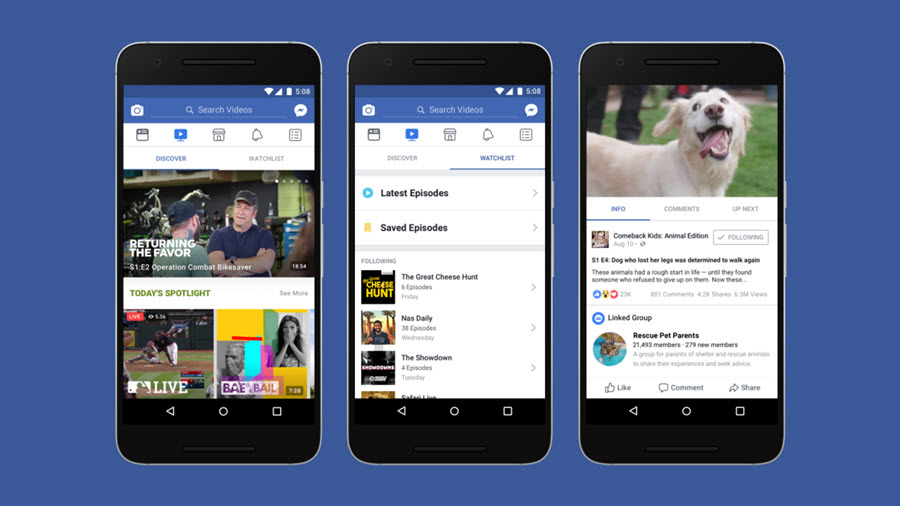Facebook Willing to Experiment With Video

The smarter way to stay on top of broadcasting and cable industry. Sign up below
You are now subscribed
Your newsletter sign-up was successful
Video is becoming a core focus for Facebook, but the social media giant is willing to experiment to find out what sticks, and what doesn’t.
“We don’t know all the answers around what kinds of content are going to work and what are not, so we will probably experiment with a number of different things,” Mark Zuckerberg, Facebook’s CEO, said Thursday on its Q3 call in response to an analyst’s question about what type of video content Facebook ultimately wants as companies like Apple shell out big bucks to resurrect Steven Spielberg anthology series Amazing Stories.
Facebook, which has been getting into live sports in a limited way, is using a model to get some “lighthouse” content onto the platform and pay up front, the exec said.
“Not all kinds of content can be supported by ads, no matter how effective we make that,” Zuckerberg said. But as monetization of that content improves, Facebook, he added, will be in a better positon to invest in higher production costs and more premium production on its platform.
Earlier on the call, Zuckerberg stressed that the growth of video will be the “biggest trend” across Facebook’s products, citing examples such as the new Watch tab for Facebook, Stories for Instagram and Status for WhatsApp, and that the expectation is to drive up “meaningful social interaction” for that content.
Related: Warner: Government Has Been Incapable of Meeting Social Media Threat
He said live videos generate about 10 times the number of interactions and comments as other videos.
“But too often right now, watching a video is just a passive consumption experience. Time spent is not a goal by itself,” Zuckerberg said.
On the VR front, Zuckerberg said Oculus is on track to ship the Oculus Go, its first standalone VR headset, next year. It will start at $199. He also said positional tracking for a standalone headset and controllers (being demoed via Oculus’s Santa Cruz prototype) will also reach developer hands in 2018.
Zuckerberg also hit on a touchier subject – the removal of “false news,” hate speech and bullying -- from its platforms.
“We already have about 10,000 people working on safety and security, and we're planning to double that to 20,000 in the next year to better enforce our community standards and review ads,” he said. “We're also building new AI to detect bad content and bad actors, just like we've done with terrorist propaganda. I am dead serious about this.”
As for Q3 numbers, Facebook said daily active users reached 1.37 billion on average for September, up 16% year-on-year, while monthly active users for that month reached 2.07 billion up 16%.
Mobile ad revenues, at $8.9 billion, were 88% of all ad revenue for the period, up from 84% of ad revenue in Q3 2016. Net income was $4.7 billion, or $1.59 per share.
The smarter way to stay on top of broadcasting and cable industry. Sign up below
